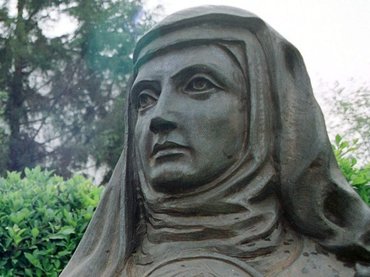

Although I will be talking solely on the soul’s journey, acknowledging that her complete account of concerning human understanding ––i.e. My analysis focuses primarily on Sor Juana’s Primero Sueño (around 1685) poem, which has been divided into three sections: (1) Nightfall (2) The Soul’s Journey (dreaming) and (3) Day (Paz 1982 Rodríguez, 2012). Since Sor Juana’s work on women’s education ( Respuesta a Sor Filotea) and writings about women’s double standards ( Hombres Necios Que Acusáis) is by far what she is most known in non-Hispanic academic philosophy, here I will focus on her thoughts about knowledge. For example, Sor Juana wrote a poem about knowledge ( Primero Sueño) and engaged in debates regarding God’s nature and aptitudes ( Carta Atenagorica) through the use of elegant arguments, which can easily be compared to contemporary philosophical writing. the idea that only men are producers of knowledge––Sor Juana was a skilled philosopher that spoke on a wide range of topics. This is very surprising, I mean, Sor Juana was a feminist before feminism.īecause of this, I feel it is important to acknowledge that Sor Juana not only focused on women’s rights to education and questioned the assumption of a connection between gender and intellectual activity––i.e. Even in feminist theory books her work does not appear. As a young Latinx woman student, I was 19 years old, reading Sor Juana gave me a sense of belonging––little did I know this was going to be the only time a Latinx woman philosopher would appear in one of my classes. We read Repuesta a Sor Filotea de la Cruz and discussed her views on women and education. In the eleven years I have been a philosophy student only once has Sor Juana Inés de la Cruz appeared in a class syllabus.


 0 kommentar(er)
0 kommentar(er)
